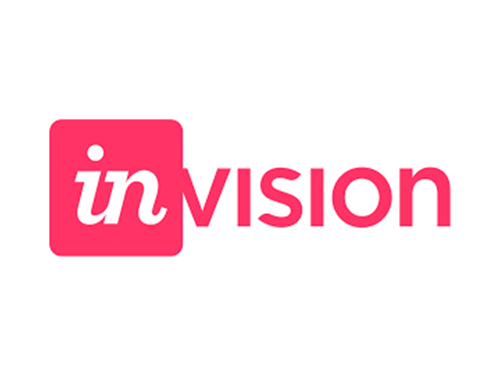USEFUL ONLINE TOOLS FOR NON-FORMAL EDUCATORS
Effective online tools are essential for delivering smooth and engaging workshops. But how do you choose the right ones? Do you sometimes feel that relying on traditional methods like pen and paper, or even the MS Office toolkit and email, leaves you struggling to manage and deliver your workshop effectively?
Luckily, there are numerous online tools available to simplify your work as a facilitator. In this guide, we’ll explore various online tools that can help make your job as facilitator easier and more efficient. We have compiled a list of the most useful tools, drawing from conversations with facilitators, corporate trainers, and service designers, as well as our own experiences. Many of these tools offer fully functional free versions with no time restrictions, allowing you to easily incorporate them into your workflow.
To make it easier to find exactly what you need, we've organized these tools by their primary uses. Our focus was on identifying tools that enhance the digital facilitation process during workshops.

Online whiteboards
Online whiteboards provide a limitless and flexible space for collaboration and idea sharing, making them perfect for non-formal education settings. Whether you need a simple board for jotting down ideas or an expansive canvas for building a project with a remote team, these tools offer unparalleled versatility. In non-formal education, online whiteboards are invaluable for workshop preparation and facilitation. They are ideal for brainstorming sessions, allowing participants to contribute and refine ideas collaboratively. They replicate the feeling of in-person collaboration, making it easier to engage participants and foster a sense of community. From planning projects to hosting interactive sessions, these tools enhance the learning experience by making it more interactive and dynamic.
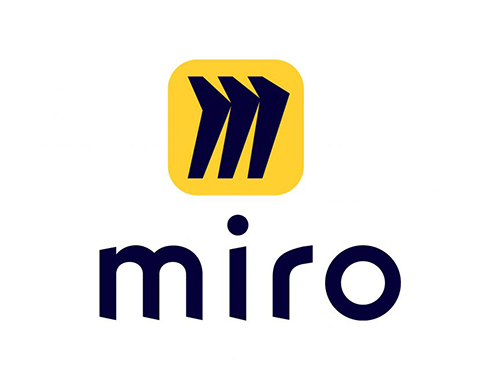


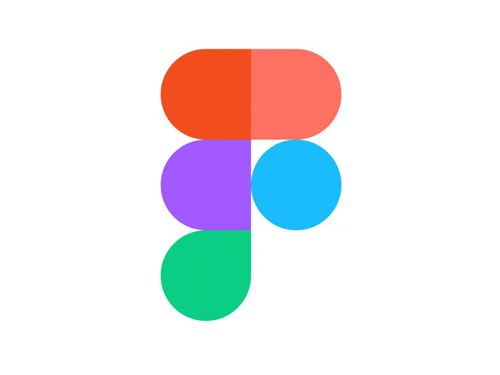
Virtual Facilitation Platforms
Virtual facilitation platforms provide a comprehensive suite of tools to manage and conduct workshops, meetings, and collaborative sessions online. These platforms are designed to enhance interaction, streamline processes, and foster engagement among participants. They are particularly valuable for facilitators who need to organize and lead sessions with remote teams, ensuring a smooth and productive experience for everyone involved.


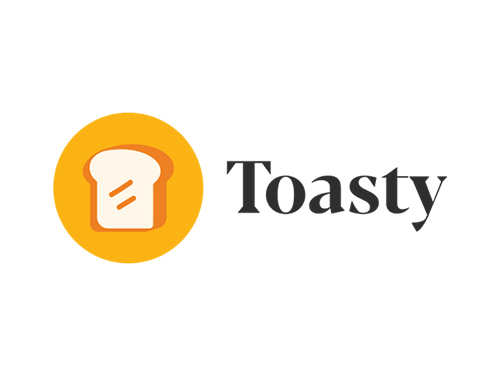

Virtual Space Tools
Virtual space tools provide immersive and interactive environments for collaboration, meetings, and events. These platforms create virtual spaces that mimic physical environments, allowing participants to interact more naturally and intuitively. They are particularly useful for hosting virtual conferences, workshops, and team-building activities, enhancing the sense of presence and engagement among participants.
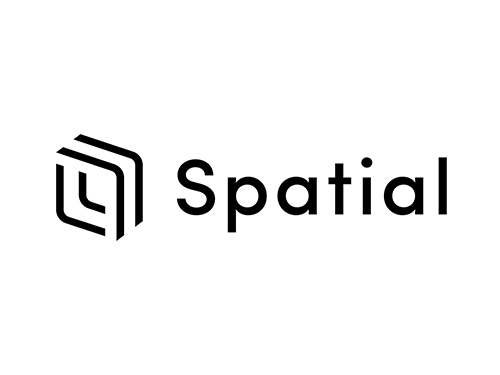
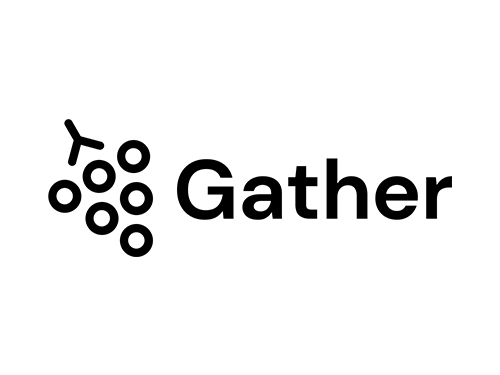
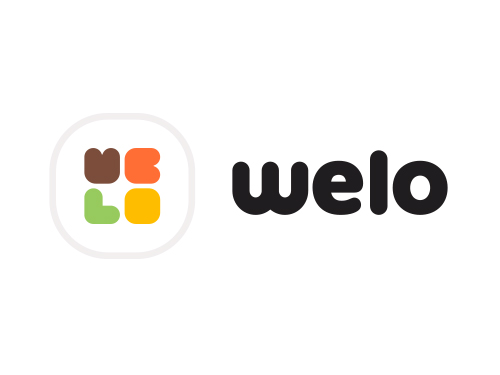
Engagement Tools
Engagement tools are designed to enhance interaction and participation during workshops, meetings, and educational sessions. These tools help facilitators and educators keep their audience engaged through interactive features like polls, quizzes, and real-time feedback. They are essential for creating a dynamic and interactive learning environment that encourages active participation and collaboration.
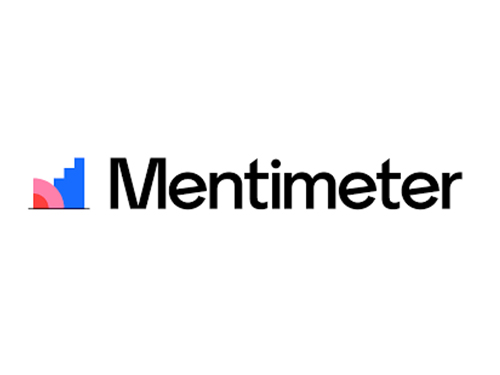
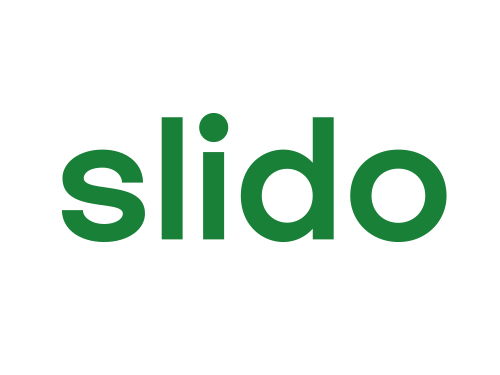
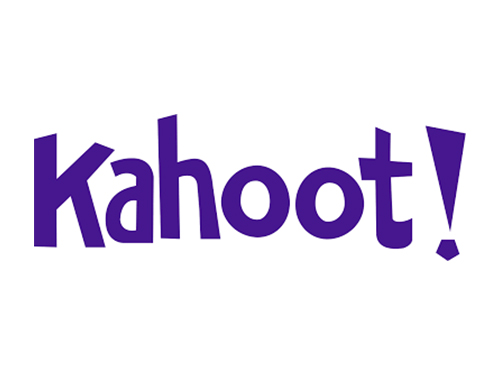
Video Conferencing
Video conferencing tools are essential for facilitating virtual meetings, workshops, and collaborative sessions. These tools provide high-quality video and audio capabilities, enabling participants to connect and communicate effectively, regardless of their physical location. Video conferencing platforms often include features such as screen sharing, recording, and breakout rooms to enhance the overall meeting experience.




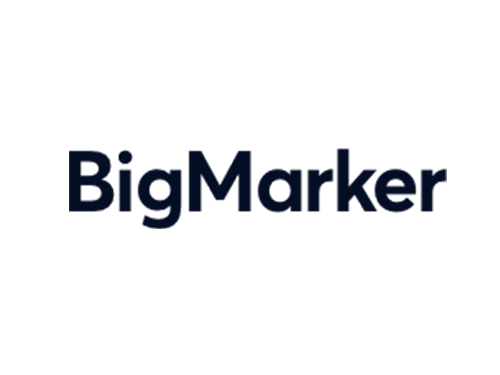
Survey Tools
Survey tools are essential for gathering feedback, conducting research, and collecting data from participants in an efficient and structured manner. These tools are widely used in educational settings, workshops, and corporate environments to understand participant opinions, measure satisfaction, and gain insights. Survey tools offer a variety of question types, customization options, and analytics to help users create effective surveys and analyze the results.

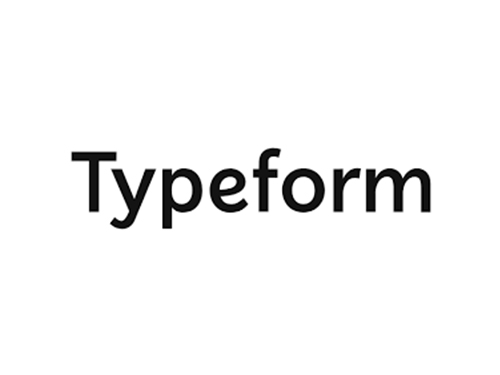

File Storage and Document Sharing
File storage and document sharing tools are essential for managing, storing, and collaborating on digital files. These tools provide secure and accessible platforms for storing documents, sharing them with team members, and collaborating in real-time. They are widely used in both educational and professional settings to ensure that important files are easily accessible and securely stored.

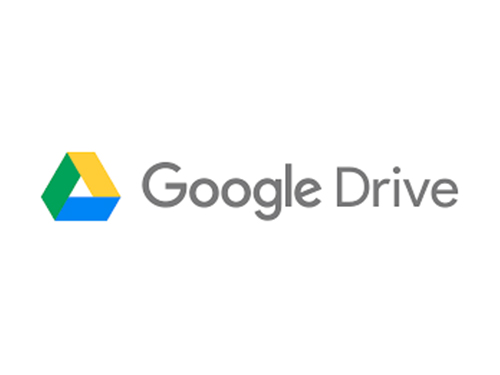
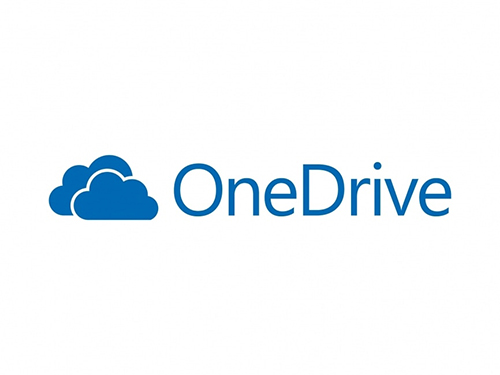

Online Communication Tools
Online communication tools are essential for facilitating effective and efficient communication within teams and organizations. These tools provide platforms for messaging, video conferencing, and collaboration, helping to keep everyone connected and informed. They are widely used in both educational and professional settings to enhance communication and streamline workflows.

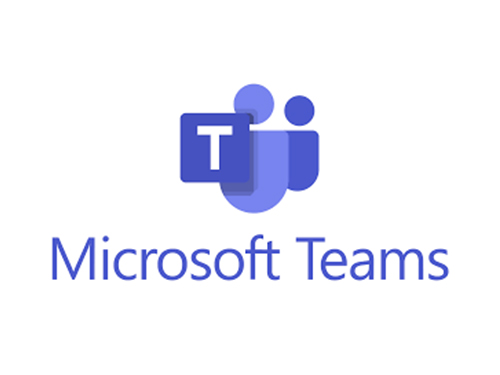

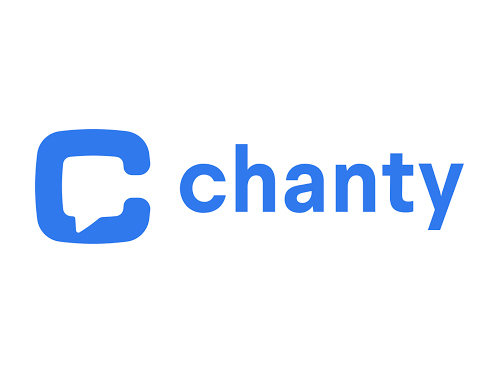
Online Learning Platforms
Online learning platforms provide educators and trainers with tools to create, deliver, and manage online courses. These platforms are designed to enhance the learning experience by offering interactive features, tracking progress, and facilitating communication between instructors and learners. They are widely used in both formal and non-formal education settings to provide flexible and accessible learning opportunities.
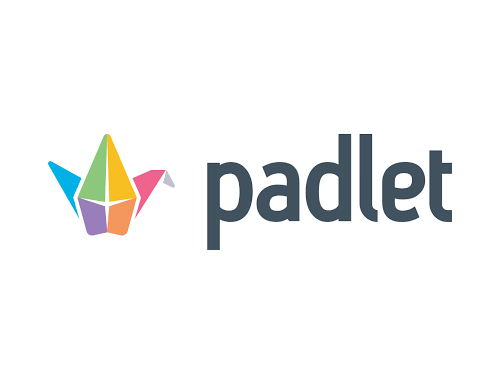
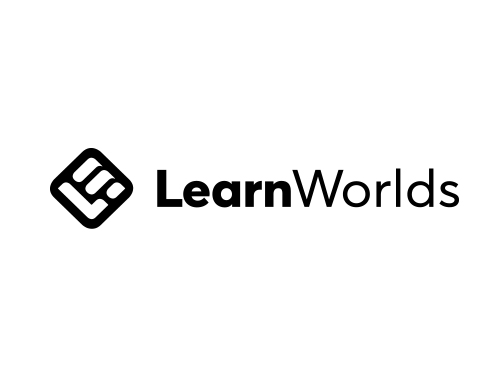
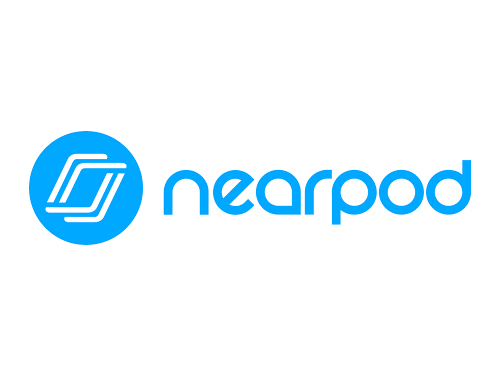
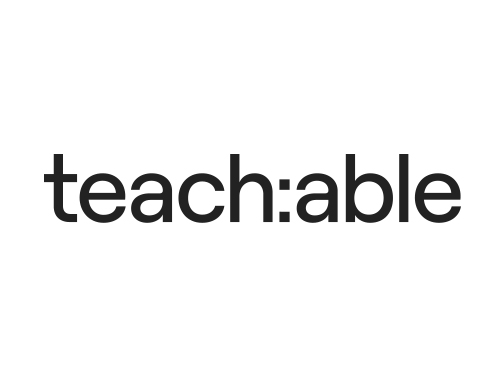
Task Management
Task management tools help individuals and teams organize, track, and complete tasks efficiently. These tools are designed to improve productivity by providing features such as task assignment, due dates, progress tracking, and collaboration. They are widely used in both personal and professional settings to ensure that projects and tasks are completed on time and to the highest standard.
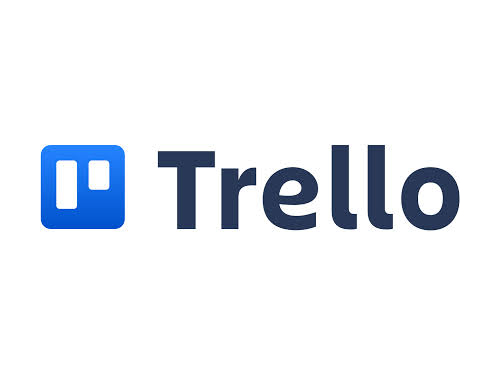
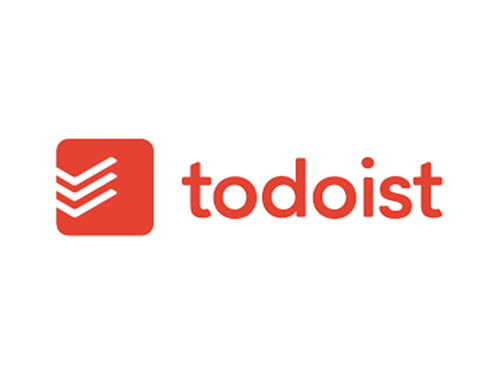
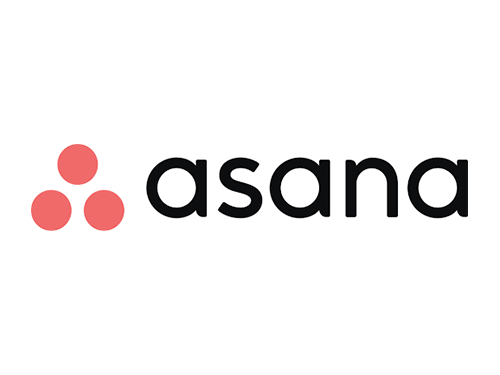
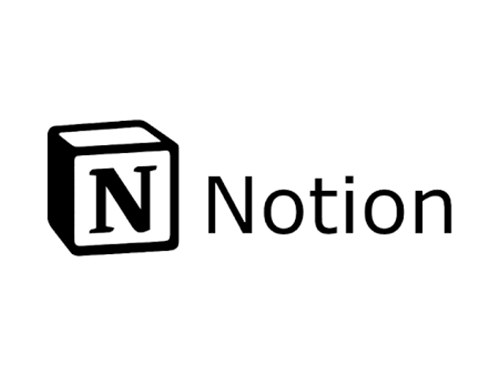
Note-taking Apps
Note-taking apps are essential tools for organizing information, capturing ideas, and managing tasks. These apps provide features for creating, storing, and accessing notes across multiple devices, making it easier to keep track of important information and stay productive. They are widely used in educational, professional, and personal settings to enhance productivity and information management.
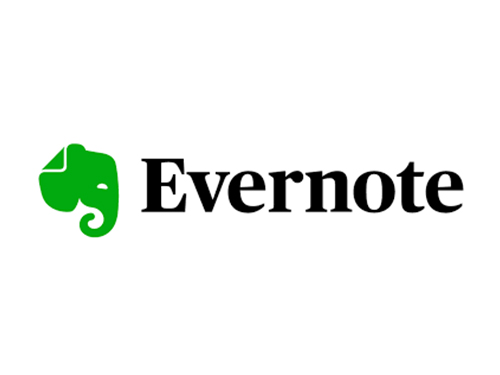
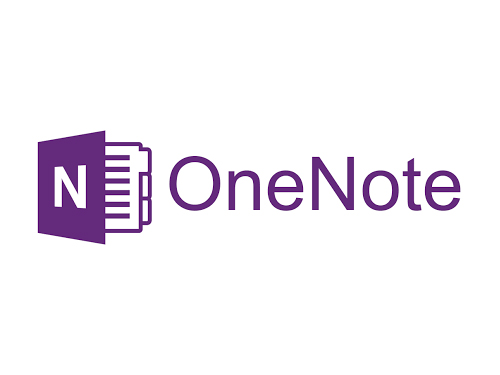
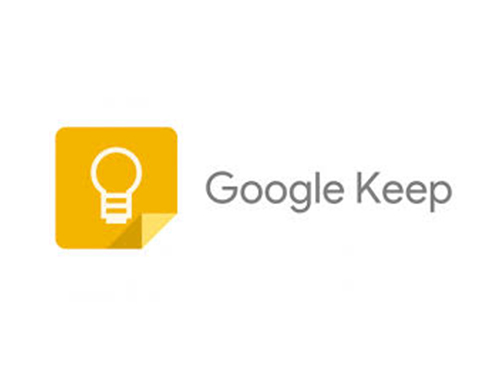
Online Design Tools
Online design tools are essential for creating visually appealing graphics, layouts, and interactive designs. These tools offer a wide range of features for graphic design, prototyping, and collaboration, making them indispensable for designers, marketers, and creative teams. They are widely used to enhance the visual quality of projects, marketing materials, and digital content.


